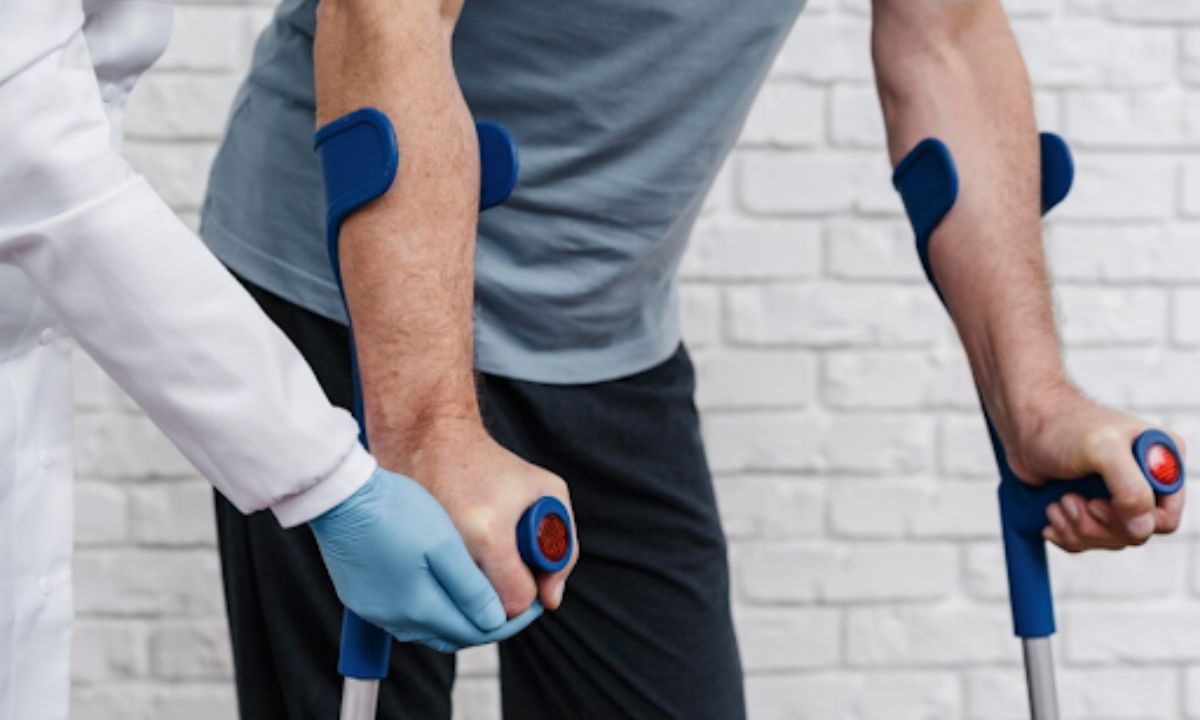When you’ve been injured due to someone else’s negligence, securing fair compensation is important to recover from your losses and be financially stable after the accident. While the legal process can be difficult and complex to handle, understanding how to deal with your case strategically can significantly improve the outcome.
If you or any of your loved ones have been a victim of personal injury, we have got some valuable tips for you to get the compensation you deserve. Keep reading this blog to find out.
-
Don’t Ignore Medical Care
Prompt medical care is critical for your health and your claim. Visiting a doctor immediately after an accident not only ensures that your injuries are properly diagnosed and treated but also creates a record that can be used as evidence. Even if you don’t feel seriously injured, some conditions may not show symptoms right away.
In addition to establishing the severity of your injuries, medical documentation links them directly to the accident. This eliminates the opportunity for insurance companies to argue that your injuries were pre-existing or unrelated. Make sure to follow your doctor’s recommendations and attend all follow-up appointments to show that you’re serious about your recovery.
-
Collect Comprehensive Evidence
Building a strong case begins with collecting robust evidence. Start by documenting the accident scene, taking photographs or videos that capture hazards, property damage, or visible injuries. Witness statements and their contact information can also be crucial in corroborating your account of the incident.
Keep all related documentation, such as police reports, medical records, and correspondence with insurance companies. The more evidence you have, the stronger your case becomes. This information can help you prove liability, calculate damages, and counter any attempts to downplay the severity of your injuries.
-
Avoid Accepting the First Settlement Offer
Insurance companies often aim to settle claims quickly and for as little money as possible. While their initial offer may be tempting, especially if you’re facing financial stress, it’s usually far below the actual value of your claim. Accepting a low offer can leave you without adequate funds to cover ongoing medical expenses or lost wages.
Consult your attorney before making any decisions. They will evaluate the offer, compare it to the true value of your claim, and negotiate for a fair settlement on your behalf. Patience and persistence are key to achieving the compensation you deserve.
-
Understand the Full Value of Your Claim
Personal injury claims encompass more than just medical bills. You’re also entitled to compensation for lost wages, reduced earning capacity, pain and suffering, emotional distress, and any long-term effects of your injuries. Calculating the full extent of these damages requires a thorough understanding of personal injury law and the specifics of your case.
Work closely with your attorney to ensure that all current and future losses are accounted for. For example, if your injuries require ongoing physical therapy or limit your ability to work in the future, these factors should be included in your settlement demand.
-
Hire an Experienced Personal Injury Lawyer
Dealing with a personal injury case on your own can be a very challenging process that may result in leaving money on the table. That’s where a skilled attorney can help you out. They bring expertise, negotiation skills, and a network of resources to the table that are important for your case.
While it’s important to hire a skilled attorney, it’s also important to hire a local one who is well aware of the local laws. For example, if you have sustained an injury in Syracuse, it’s important to have a team of experienced Syracuse personal injury lawyers by your side to deal with insurance companies and adjusters.
Their involvement can shift the power dynamic in your favor, ensuring you’re taken seriously throughout the process.
-
Maintain a Personal Injury Journal
A personal injury journal is a powerful tool to track the physical, emotional, and financial impact of your injuries. Record details about your pain levels, limitations in daily activities, and any emotional distress you experience. This journal provides a detailed account of how the accident has affected your life.
When combined with medical records and expert testimony, your journal can strengthen your case for non-economic damages like pain and suffering. It also serves as a memory aid if your case goes to trial or requires a deposition.
-
Preserve Evidence for Long-Term Injuries
If your injuries have lasting or permanent effects, it’s essential to provide evidence that highlights the extent of these damages. This might include testimony from medical experts, vocational rehabilitation specialists, or economists who can quantify the impact of your injuries on your earning potential and quality of life.
Photographs and videos of your recovery journey can also be compelling, showing how your injuries have changed over time. Presenting this evidence effectively can significantly increase the value of your claim.
-
Be Cautious with Social Media
Anything you post online can be used against you by the defense or insurance adjusters. Avoid discussing the details of your accident or injuries on social media platforms. Even seemingly harmless posts, like pictures of social outings, can be misconstrued as evidence that your injuries are not as severe as claimed.
Advise friends and family to avoid tagging you in posts or commenting about your situation online. Maintaining discretion helps protect your claim and prevents the other side from using your own words or actions against you.
-
Negotiate Strategically
Effective negotiation is an art that requires preparation and persistence. Your attorney will present a compelling demand letter supported by evidence, outlining the full value of your claim. Be prepared for counteroffers and prolonged discussions, as insurance companies often employ tactics to minimize payouts.
Your lawyer’s expertise can make a significant difference during this phase. They understand when to stand firm and when to compromise, ensuring you receive a settlement that reflects the true value of your damages.
-
Be Prepared to Go to Trial
While most personal injury cases are settled out of court, being ready to go to trial can work to your advantage. Insurance companies are more likely to offer a fair settlement if they know you’re willing to take the case before a judge and jury.
Having an attorney with trial experience signals that you’re serious about your claim. If a trial becomes necessary, your lawyer will present a compelling case to maximize your compensation. Being prepared for this possibility ensures you won’t settle for less than you deserve.











